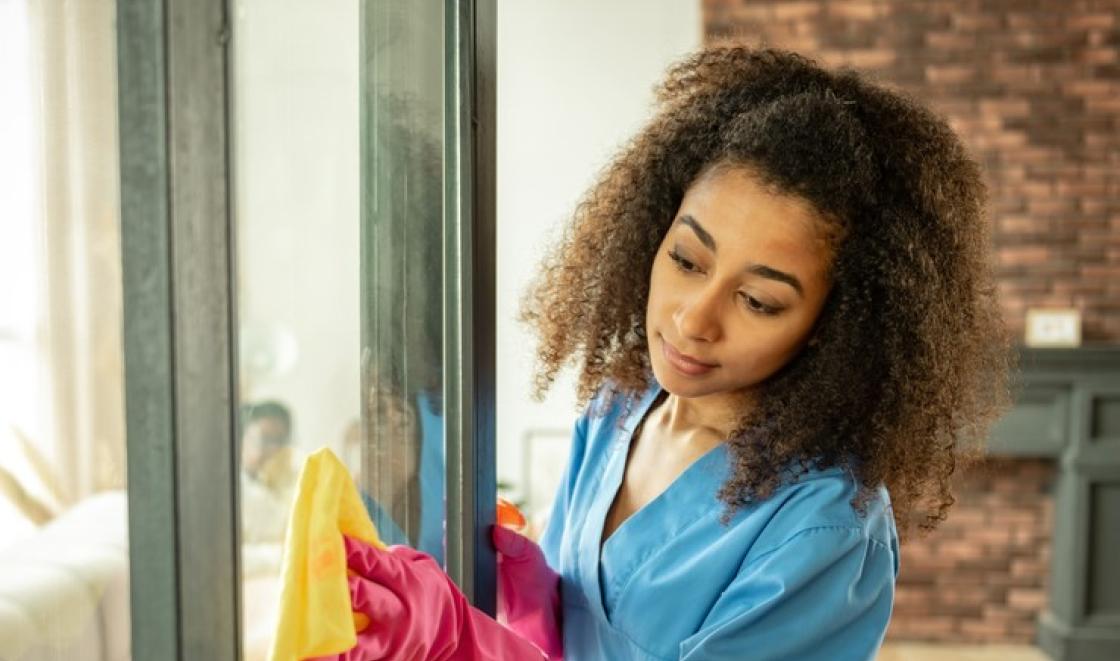How this research will be carried out
Many housekeeping and catering staff are women with families, of migrant or minority ethnic backgrounds, and work on shifts. This staff group therefore often deals with multiple layers of inequality and we will actively look for participants of different background to be as inclusive as possible
This will be a qualitative study, divided into two stages. In the first stage, we will conduct 50 telephone or video interviews with ancillary staff who have worked in care homes during the Covid-19 pandemic. Furthermore, we will carry out 8-10 interviews with human resources (HR) managers, 8-10 care home managers, and 8-10 care home residents and their relatives or friends.
We will seek to understand the changes in working practices during the pandemic for ancillary staff including:
- adaptations to workplace roles and routines
- support received (for example, with stress or new work practices) and support needs;
- investigate availability
- use and distribution of personal protective equipment (PPE) and cleaning materials/equipment;
- explore feelings of appreciation of their work by wider society and local communities (for example, did they feel themselves to be keyworkers?).
In stage two, we will co-produce a good practice model with ‘expert’ stakeholders that will inform effective policies for the support and improve practices for the ancillary workforce of care homes.
Our collaborators
A study advisory group has been set up of which the members include, but are not limited to, a Carers UK Trustee and former carer, an advocate and relative of a younger care home resident and family member, and an associate at The Centre for Policy on Ageing. Their role will be to maximise the impact of the study, advise and comment on research material and recruitment approaches and help us understand and interpret our findings.
Potential benefits of the study
This study will draw on previously created policies on staff wellbeing and Covid-19. However, existing guidance is mostly framed generally rather than to specific groups that make up the care workforce. This will be one of the first bottom-up approaches to supporting the ancillary workforce, ensuring that our good practice models and guidance developed will be valuable, sustainable, and achievable. Our dissemination activities will help sharpen and elaborate the more general guidance specifically for the ancillary workforce in care homes and create better staff support, wellbeing, and deployment during and after Covid-19.
How patients and service users are involved in the study
As outlined above, we have a Study Advisory Group that will draw on its members’ insights and experiences, helping our findings to have influence. We will follow INVOLVE guidance on user and carer involvement including paying them for their time.
The research team have worked with the patient and public involvement group from King’s College London’s Policy Research Unit. They have already commented on the proposal and have helped to design the study, for example advising the research team to include the views of residents.
This research is funded by the NIHR Policy Research Programme Recovery, Renewal, Reset: Research to inform policy responses to COVID-19. It was adopted by ARC South London in March 2021 and will be completed by October 2021.


